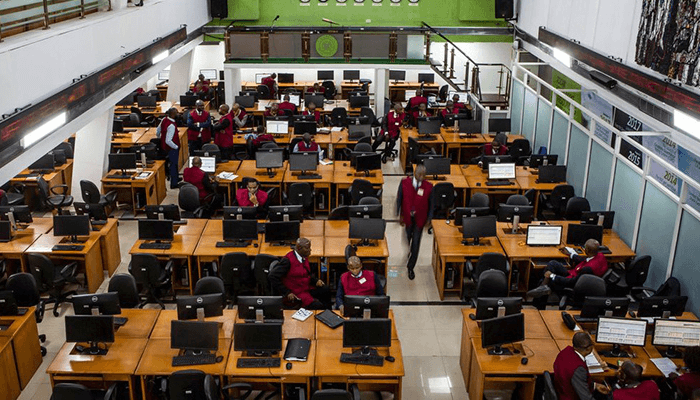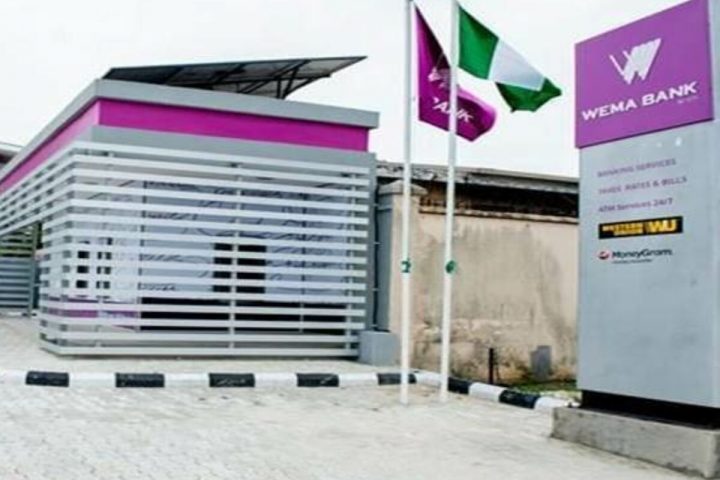Weekly Performance
Nigeria’s equity market experienced a decrease of 0.35 per cent in the trading week ending Friday, July 12. This decline resulted in investors losing approximately N140 billion.
A market analyst, Jane Olatunji, commented: “The market recorded only one positive session this week, which is quite concerning. Investors are cautious.”
Join our WhatsApp ChannelMarket Metrics
Throughout the week, the Nigerian Exchange Limited (NGX) All Share Index (ASI) and Market Capitalisation saw a reduction. The ASI fell from 100,022.03 points to 99,671.28 points, and the Market Capitalisation decreased from N56.580 trillion to N56.440 trillion.
John Doe, an investment strategist, noted, “Despite some positive movement in certain sectors, the overall market trend was negative. This is a clear indication of the prevailing uncertainty among investors.”
Sector Analysis Of Equity Market
Investor sentiment showed a preference for oil & gas and industrial stocks. In contrast, banking, consumer goods, and insurance stocks saw more selling activity.
The banking sector, in particular, witnessed active trading due to the ongoing recapitalisation exercise.
“Banking stocks are under pressure,” explained Nnamdi Okeke, a financial analyst. “The recapitalisation exercise is causing some fluctuations, and this has led to increased trading volume in this sector.”
Investment Strategies
READ ALSO: Equities Market Continues Decline As Seplat Energy Leads Fall
While many investors are exploring opportunistic investment strategies, the equities market has decreased by 0.39 per cent this month. The year-to-date (YtD) stock market return lowered to 33.30 percent.
Ada Eze, a portfolio manager, remarked, “We are seeing a mixed approach from investors. Some are cherry-picking fundamentally sound stocks despite high-interest rates in the fixed income market negatively impacting the equities market.”
Future Outlook Of Nigeria’s Equity Market
The market’s performance highlights the cautious approach taken by investors, even as companies prepare to file their second quarter (Q2) results. These corporate actions are expected to influence investor decisions in the coming weeks.
“Investors are waiting for the Q2 results,” said Tunde Ajayi, an economist. “The expectation is that these filings will provide some direction and possibly trigger more buy-side activities.”
In summary, Nigeria’s equities market has seen a notable decrease, reflecting a broader trend of investor caution. With only one positive session in the past week, the market sentiment remains wary, and the focus is on upcoming corporate filings and market conditions.
Equities market analysts suggest keeping an eye on the oil & gas sector and the potential impacts of the ongoing banking sector recapitalisation. The next few weeks will be critical in determining whether the market can recover from its recent losses.
“Staying informed and flexible is key,” advised Jane Olatunji. “The market conditions are changing rapidly, and investors need to adapt their strategies accordingly.”
Emmanuel Ochayi is a journalist. He is a graduate of the University of Lagos, School of first choice and the nations pride. Emmanuel is keen on exploring writing angles in different areas, including Business, climate change, politics, Education, and others.
- Emmanuel Ochayihttps://www.primebusiness.africa/author/ochayi/
- Emmanuel Ochayihttps://www.primebusiness.africa/author/ochayi/
- Emmanuel Ochayihttps://www.primebusiness.africa/author/ochayi/
- Emmanuel Ochayihttps://www.primebusiness.africa/author/ochayi/




















Follow Us